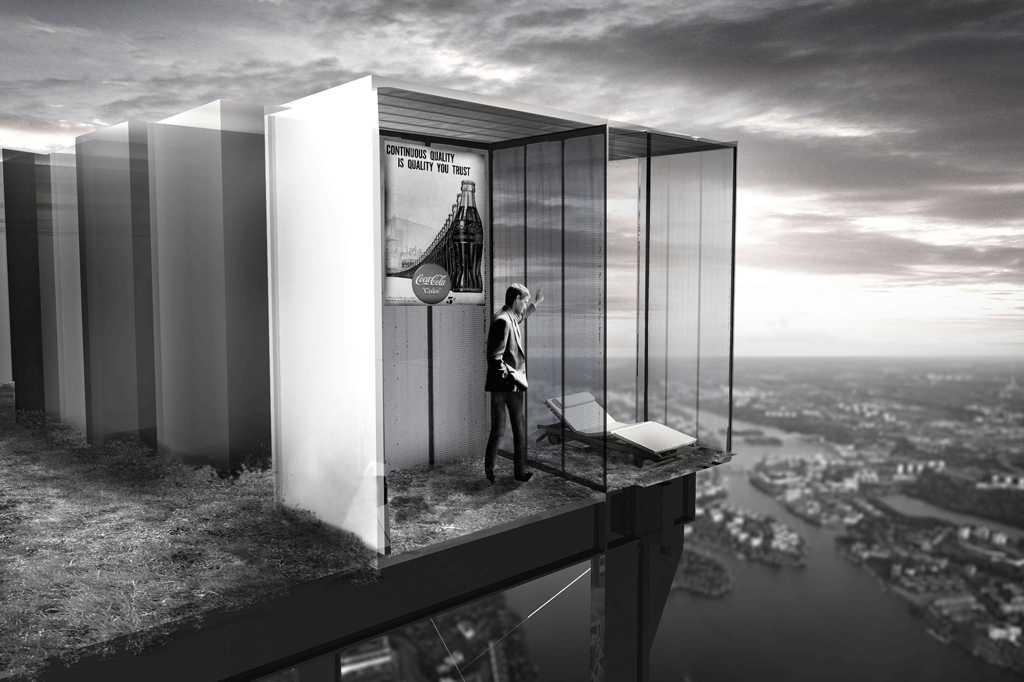The Haworth Tompkins-designed Battersea campus will house printmaking, photography and units for start-up design enterprises
The ãs new Dyson ¤ÖÑÇèÓú½ was officially ãtopped outã this week in a ceremony involving the Rector Dr Paul Thompson, designer Sir James Dyson and Ed Vaizey minister for communication, culture and the creative industries.
A topping out ceremony is traditionally held to mark the completion of the highest point of a building. With a gross internal area of 4,750m2, the Dyson ¤ÖÑÇèÓú½ will, when completed, mark the second phase of the RCAãs ambitious expansion programme in Battersea, London.
Designed by architects Haworth Tompkins building work began last year and the site is scheduled to open at the start of the 2012/13 academic year, when it will house the departments of printmaking and photography as well as incubator units for start-up design enterprises, a lecture theatre seating 225 and a 250m2 gallery.
Dyson has long been a generous supporter of the RCA, and his educational charity, The James Dyson Foundation, has a close relationship with the college. In addition to bursaries given to individual students, the JDF donated ôÈ100,000 to the RCA in 2006, to help young designers protect their designs, as well as funding a yearly intellectual property seminar. In 2009 the JDF pledged an additional ôÈ100k per annum for 3 years to InnovationRCA for a patent and proof of concept fund.
The foundationãs ôÈ5m gift to the Battersea development also released more than ôÈ1.6m from a government-led matched funding scheme that aims to increase voluntary giving to higher education providers.
Thompson said: ãToday marks the realisation of the vision of so many members of the RCA community as we make this building a reality, ensuring that students, staff and design entrepreneurs can learn and work in state-of-the-art facilities.
ãWe also celebrate the generosity of Sir James Dyson; his foundationãs substantial gift of ôÈ5m is at the very heart of this new building which will bear his name.ã
Dyson said: ãAs a nation weãve become too scared to take risks, but itãs through experimentation and failure that new ideas are born. Young people need confidence to be inventive and the support to be bold.
The RCAãs incubator units will provide the right environment, resources and moral support for new start-up ideas at a time when they are most fragile. Now more than ever, the UK needs to create and export inventions the world wants to buy.ã



























No comments yet